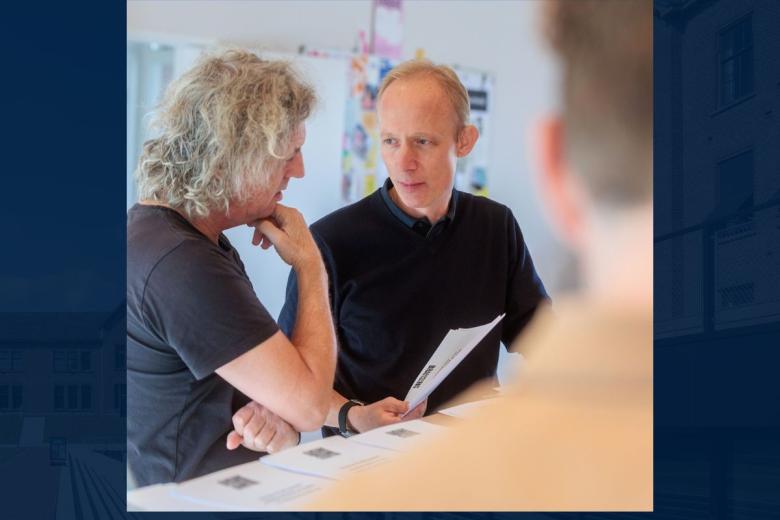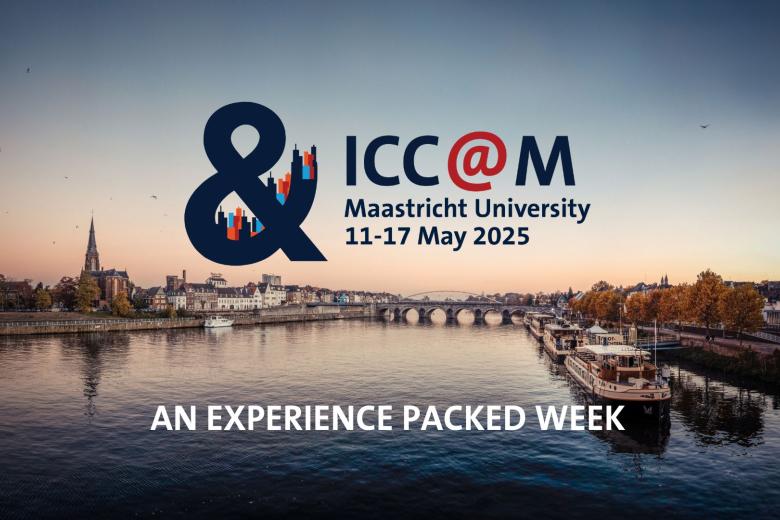European Studies student wins ESST European Undergraduate Prize
Jan Kleinheinrich (bachelor’s programme European Studies) has won the 2018 ESST (European Studies on Society, Science and technology) Prize. The prize was awarded for “Towards an Oligoopticon”, an engaging essay in which Jan addresses the contemporary socio-technical dynamics of surveillance in a globalised world.
The Undergraduate Essay Prize is awarded annually to the best paper on some aspect of science, technology and society relations. It is issued by the European network of ESST master’s programmes, one of which is at FASoS.
The winner of the 2018 ESST Prize is Jan Kleinheinrich from Maastricht University for his essay ‘Towards an Oligoopticon’. In an original and engaging fashion, Jan’s essay addresses the contemporary socio-technical dynamics of surveillance in a globalized world pre-occupied with digital innovation. While arguing the continuing relevance of Bentham’s model of the Panopticon for analyzing surveillance in cities and the workplace, the essay also successfully charts the proliferation of new surveillant forms and practices through digital media. These transformations are rewardingly captured through the notion of the oligoopticon pointing to how thanks to digital mediation powers of surveillance are not only more extensive today but also more broadly distributed.
The ESST Undergraduate Essay Prize is an annual prize of €500,- awarded to the best-submitted paper on some aspect of science, technology and society relations. The aim of the prize is to attract further aspiring young students to the interdisciplinary fields of Science and Technology Studies and Innovation Studies. Undergraduates from all fields of study attending any European university are eligible to apply. The Prize is awarded by the European network of MA ESST programmes, one of which is located at FASoS. MA ESST students typically do their second semester at a sister university, elsewhere in Europe.
The members of the 2018 Prize Committee were:
– Aleksandra Derra, Nicolaus Copernicus University in Toruń
– Tone Druglitrø, University of Oslo
– Mark Elam, University of Gothenburg (Chair)
Also read
-
SBE Researchers Awarded in NWO SGW Open Competition XS
The School of Business and Economics (SBE) at Maastricht University proudly announces that all three research proposals submitted to the latest NWO SGW Open Competition XS have been awarded funding. This exceptional outcome highlights the high calibre of SBE research and its relevance to societal...

-
From Economics to Branding and Innovation: The journey of Patrick van Thiel
Patrick van Thiel’s academic journey began in Rotterdam before he found his true calling at Maastricht University in 1989. Drawn by the Problem-Based Learning (PBL) system, he quickly excelled academically, earning 90 credits in just one year. However, it wasn’t until he discovered his passion for...

-
ICC@M at Maastricht University: competing with the best, shaping the future
Roy Broersma, Academic Director of ICC@M, bridges academia and business, enhancing Maastricht University’s impact. He aims to strengthen regional ties, foster bold ideas, and prepare students for real-world challenges.
